From Paper Checks to Virtual Banking
Over a decade ago, the U.S. Department of the Treasury’s Bureau of the Fiscal Service, was faced with the challenge of phasing out paper benefit checks in favor of an electronic payment option. What made this task even more challenging was the fact that millions of American beneficiaries did not have bank accounts or a means of receiving electronic payments.
The Direct Express® card, was the solution to this challenge, allowing electronic payments to be received and made through a network-branded prepaid debit card. What’s more, it had a valuable effect over and above the efficiencies it has created for the government and the taxpayer money it saved.
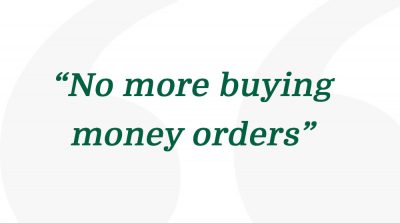
The Direct Express® card program significantly enhances the financial capability of those who use it. Direct Express® has empowered millions of veterans and social security beneficiaries to receive federal benefit payments electronically. Many Direct Express® cardholders rely on their monthly federal benefit as their sole source of income, and the banking functionality of the card empowers many otherwise unbanked recipients to use the card for basic living expenses such as food, rent, and medicine.
It is a far cry from the days when those who did not have bank accounts received paper checks and conducted all of their personal transactions in cash. This had a number of drawbacks, including the following;
-
On payment day, the paper check system was susceptible to mail delays caused by bad weather, which could delay receipt by days – difficult when there are bills to pay, and especially problematic when natural disasters happened.
-
Paper checks could be lost or stolen, a danger that a recent change of address would not work its way through the system quickly enough.
-
Once the paper checks arrive, they needed to be converted to cash so that bills could be paid. For city dwellers, this meant a trip to the check casher down the street, but for rural people, this often involved a bus ride or at least time away from work.
-
Check cashing costs money. The national average is four percent of the check’s face value. A 2009 report estimated that check cashing services cost employees $1,042 a year (Note 1) and a low wage earner can spend as much as $40,000 over his lifetime in check cashing fees (Note 2)
-
Once a paper check was cashed, the beneficiary had to carry the cash. This rendered them vulnerable to crime or even accidental loss.
-
Paying rent and utility bills often required cash be turned into money orders. This costs money and once the money orders were secured, bills had to be paid in person.
-
Paying bills in person, like cashing checks, also often involved trips on public transportation, and time away from work.
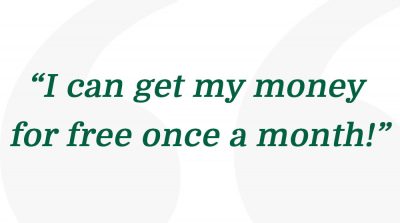
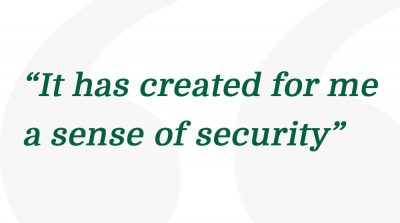
Eliminating the chore associated with paper checks and a cash existence is the reason we believe that equipping unbanked and underbanked citizens with the Direct Express® card can be transformational – empowering millions of social security beneficiaries and veterans to be part of the financial mainstream. A message we have heard time and time again from Direct Express® cardholders.
The convenience, safety and reliability of the Direct Express®card is made more than clear in the video of cardholder Dawn [LINK], whose quotes illustrate this piece.
Note 1: Source: Mercator Advisory Group, “Payroll Cards: 100% Electronic Payments 80% of the Time, Crossing the Market Finish Line”, January 2009
Note 2: Source: Bankrate’s 2010 Checking Study
SOURCE: Direct Express®




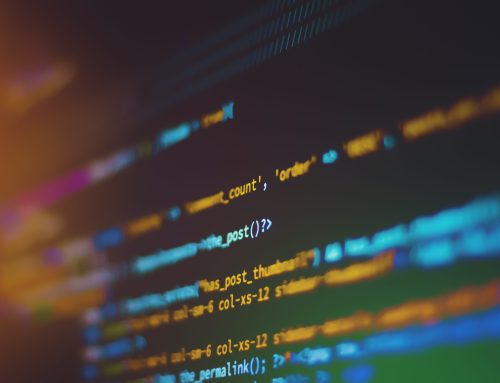
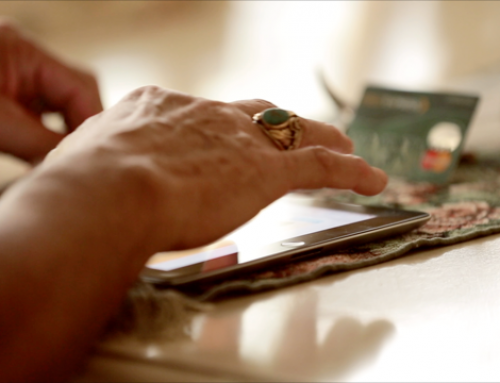
![“Every store accepted it….” [VIDEO]](https://directexpress.info/wp-content/uploads/2024/09/NELSON-500x383.jpg)
![“No more missed checks….” [VIDEO]](https://directexpress.info/wp-content/uploads/2024/08/Quinn-500x383.jpg)
